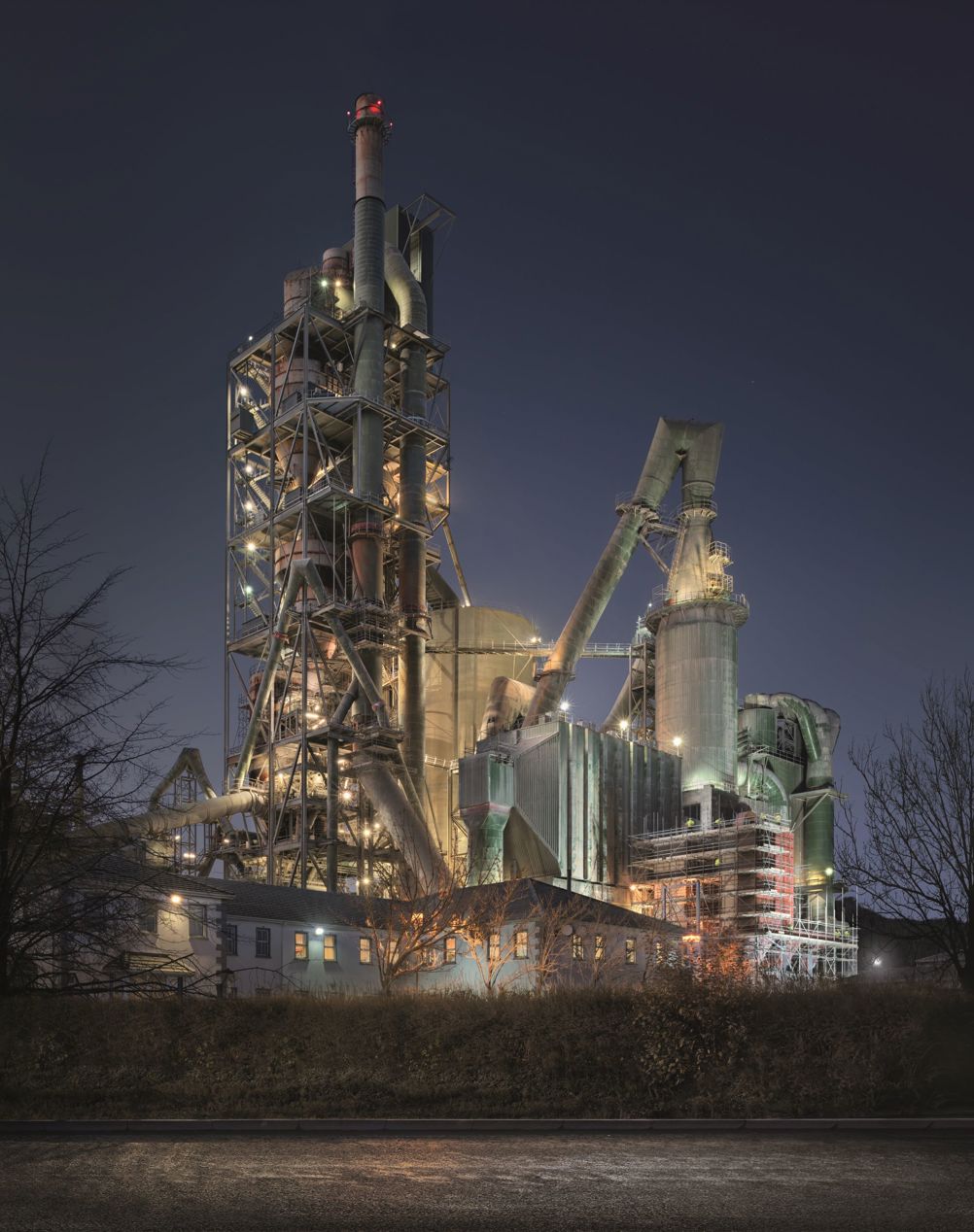Developed by Belfast-based CATAGEN, the ClimaHtech BIOHGEN Biohydrogen Reactor is claimed to deliver hydrogen at scale, using less energy than electrolysis. According to CATAGEN, it produces hydrogen from a feedstock of waste biomass which is readily available both in the UK and Ireland and does not displace the growing of crops for food. The process also produces CO2 as a byproduct, which the company claims can be used to displace the fossil CO2 that many industries rely on today.
Related content
The technology has already been demonstrated at prototype scale in Northen Ireland, providing low carbon hydrogen to the Mannok Cement Plant in Ballyconnell. This new tranche of funding from the UK Department for Energy Security and Net Zero (DESNZ) will enable the company to build a full-scale demonstrator in Belfast’s famous harbourside Titanic Quarter.
“This funding award allows us to move into our next phase of development for the ClimaHtech BIOHGEN system, recruiting more engineers as we accelerate our journey to clean and decarbonise the air,” said Dr Andrew Woods, CEO and co-founder of CATAGEN.
“I’m also pleased to announce that working collaboratively with Joe O’Neill, CEO and his team at Belfast Harbour, we will site the first BIOHGEN system in the Harbour Estate and grow the size of CATAGEN’s footprint. This provides massive opportunity for the early adoption of low-carbon hydrogen to decarbonise transport or heavy industry at a focal point in Belfast, as part of Belfast Harbour’s Green Port Strategy.”

The £4.9m CATAGEN will receive is part of a broader £21 million package to develop hydrogen BECCS (bioenergy with carbon capture and storage) technologies in the UK, which has been highlighted as a key Net Zero focus of the current government.
“The great manufacturers of our country are striving to cut their carbon emissions and their energy bills - and in turn, support our efforts to boost our energy security,” said Minister for Energy Security and Net Zero, Graham Stuart.
"Our investment of over £80 million will help them to go further and faster, using the latest science, technologies, and new energy sources to cut ties with fossil fuels and futureproof their industries."











Radio wave weapon knocks out drone swarms
I hope they have assessed how easy it is to shield a drone against the attack. Hopefully the shielding would add too much weight.